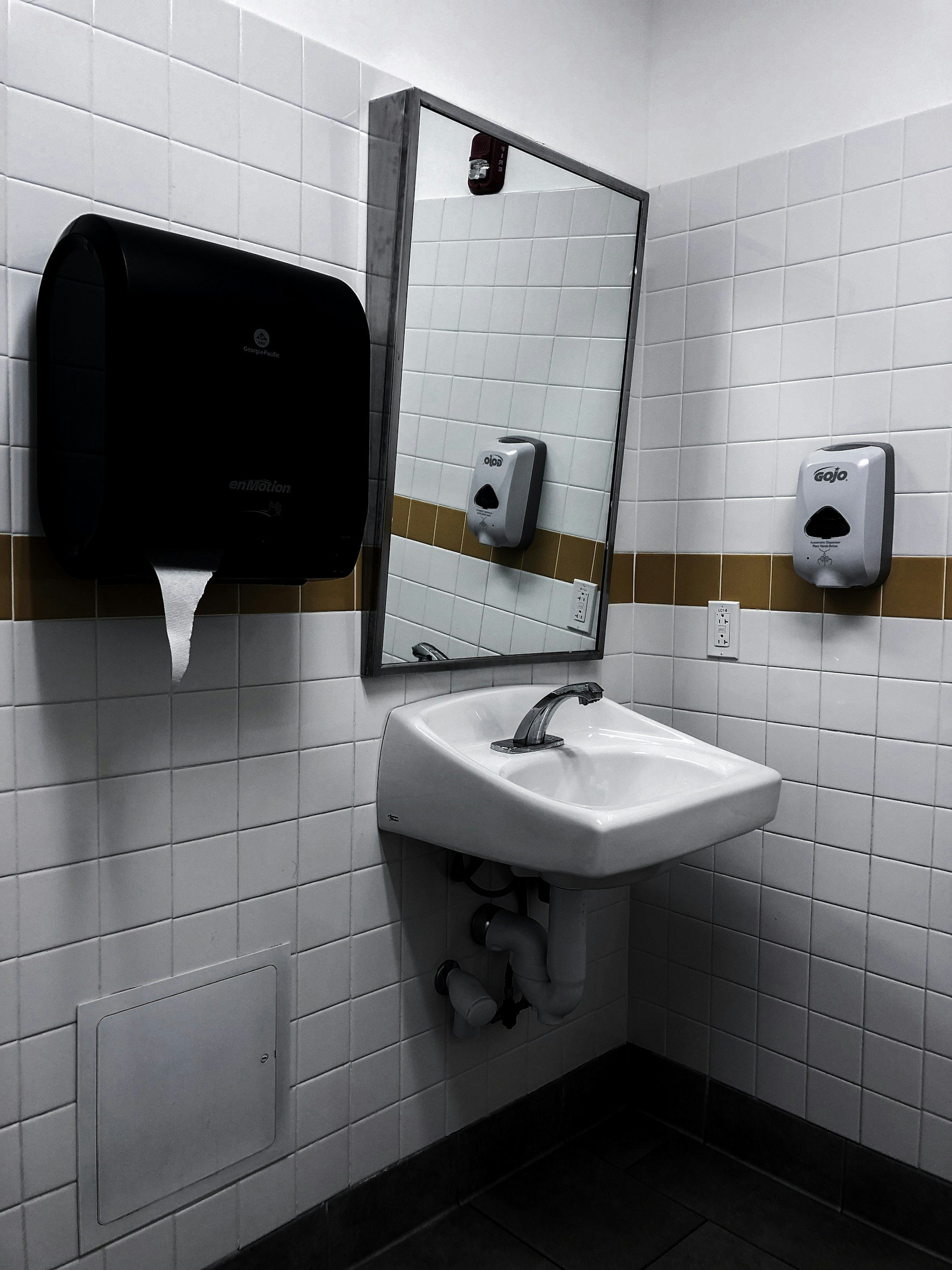Hygiene Access and Equity: An In-depth Study
Summary
This detailed report titled, “A question of human dignity”. Identifying solutions to improve WASH for people experiencing homelessness. A case study from Germany” examines the barriers and challenges faced by communities experiencing hygiene insecurity. It provides evidence-based insights and practical recommendations designed to help hygiene banks improve service delivery, address equity issues, and better meet the needs of the people they serve.
Some Key Takeaways:
WASH access is a fundamental human dignity issue. Lack of clean water, sanitation, and hygiene facilities severely impacts the health and wellbeing of people experiencing homelessness.
Systemic barriers and stigma limit access. Individuals experiencing homelessness face physical, social, and policy obstacles that restrict their ability to maintain hygiene.
Current infrastructure is often inadequate. Fixed facilities may be inaccessible due to location, hours, or lack of resources like soap and towels.
Mobile and flexible service models show promise. Solutions like mobile showers, hygiene kit distribution, and outreach programs help reach more people effectively.
Collaborative, dignity-centered approaches are essential. Partnerships between governments, nonprofits, and community organizations improve inclusivity and responsiveness.
Hygiene banks have a critical role. By providing supplies, supporting outreach, and advocating for policy change, hygiene banks can directly improve WASH access for vulnerable populations.
Policy reforms must prioritize inclusivity and access. Addressing legal and funding barriers can ensure sustainable hygiene services for all.




